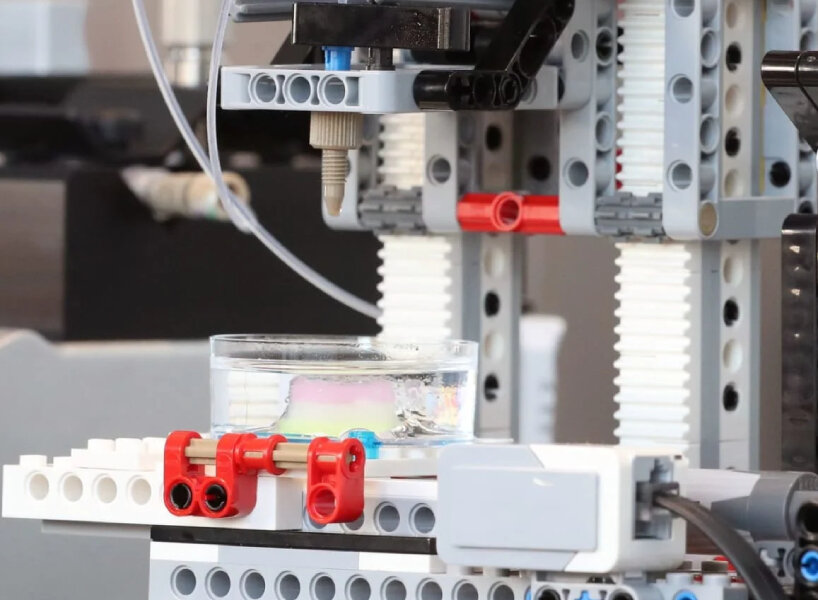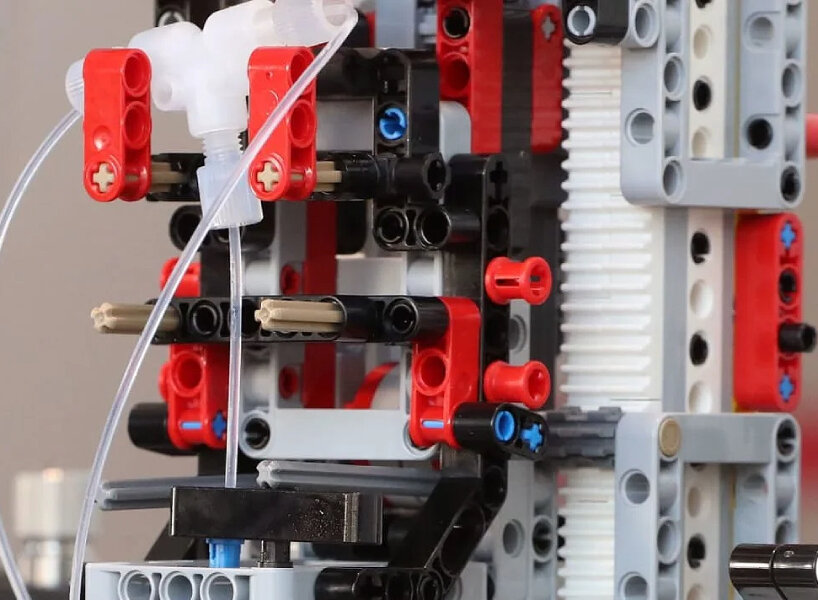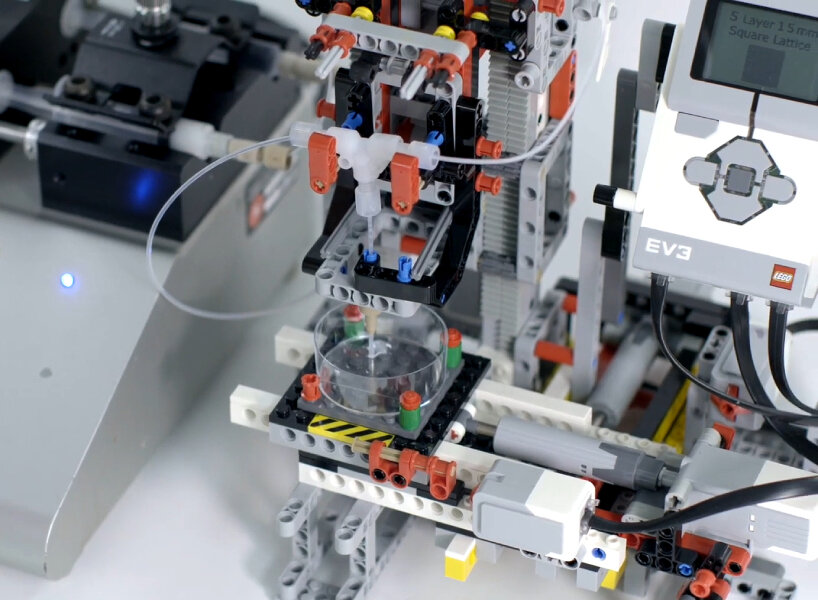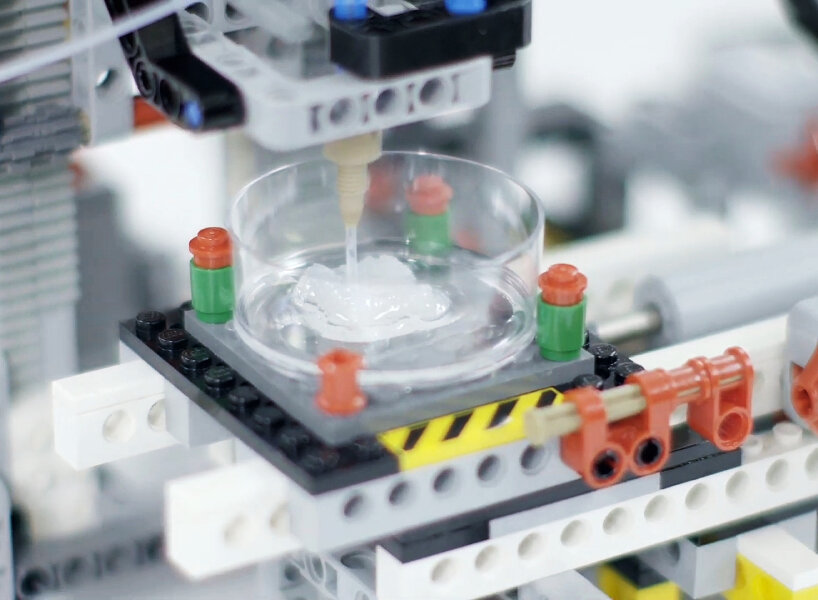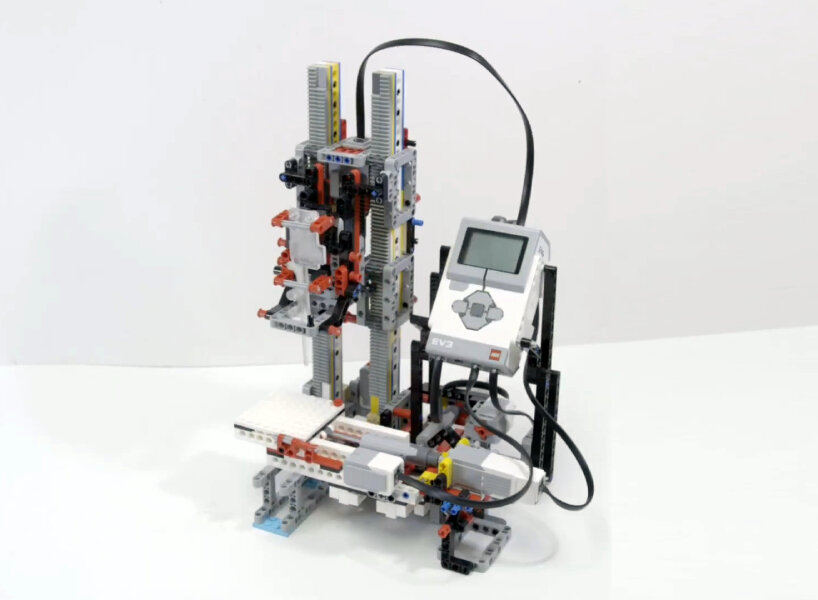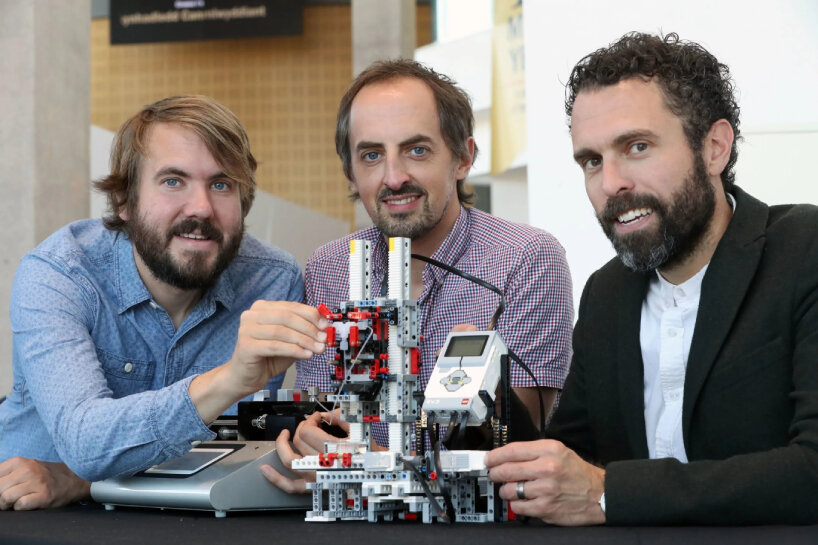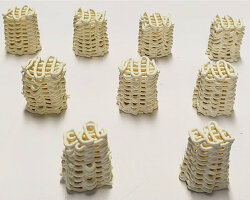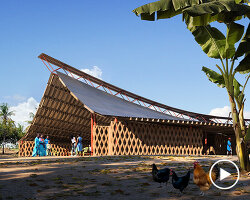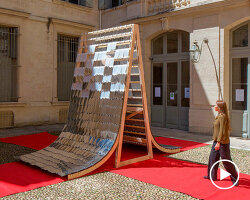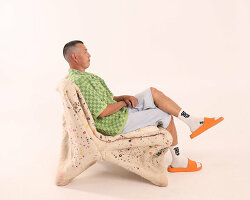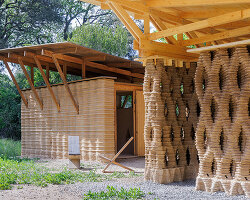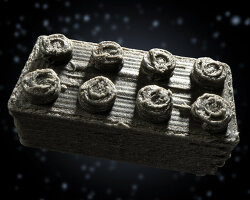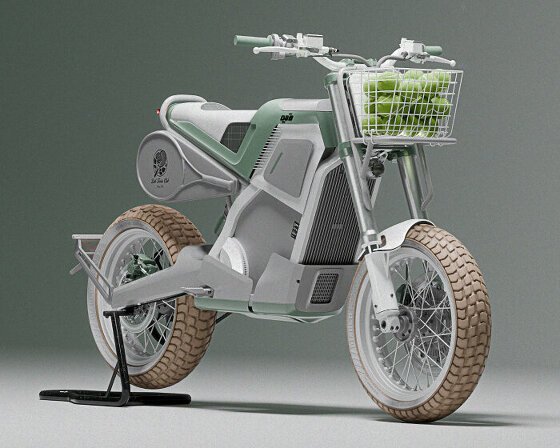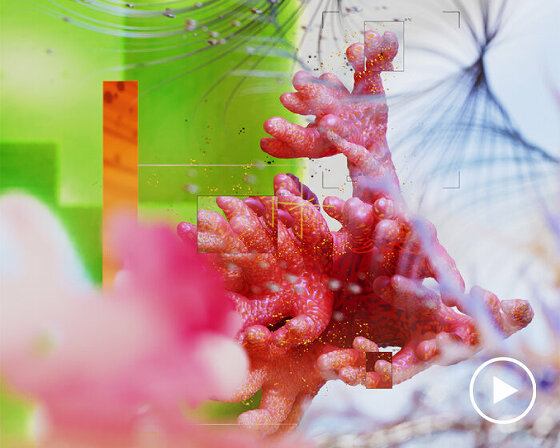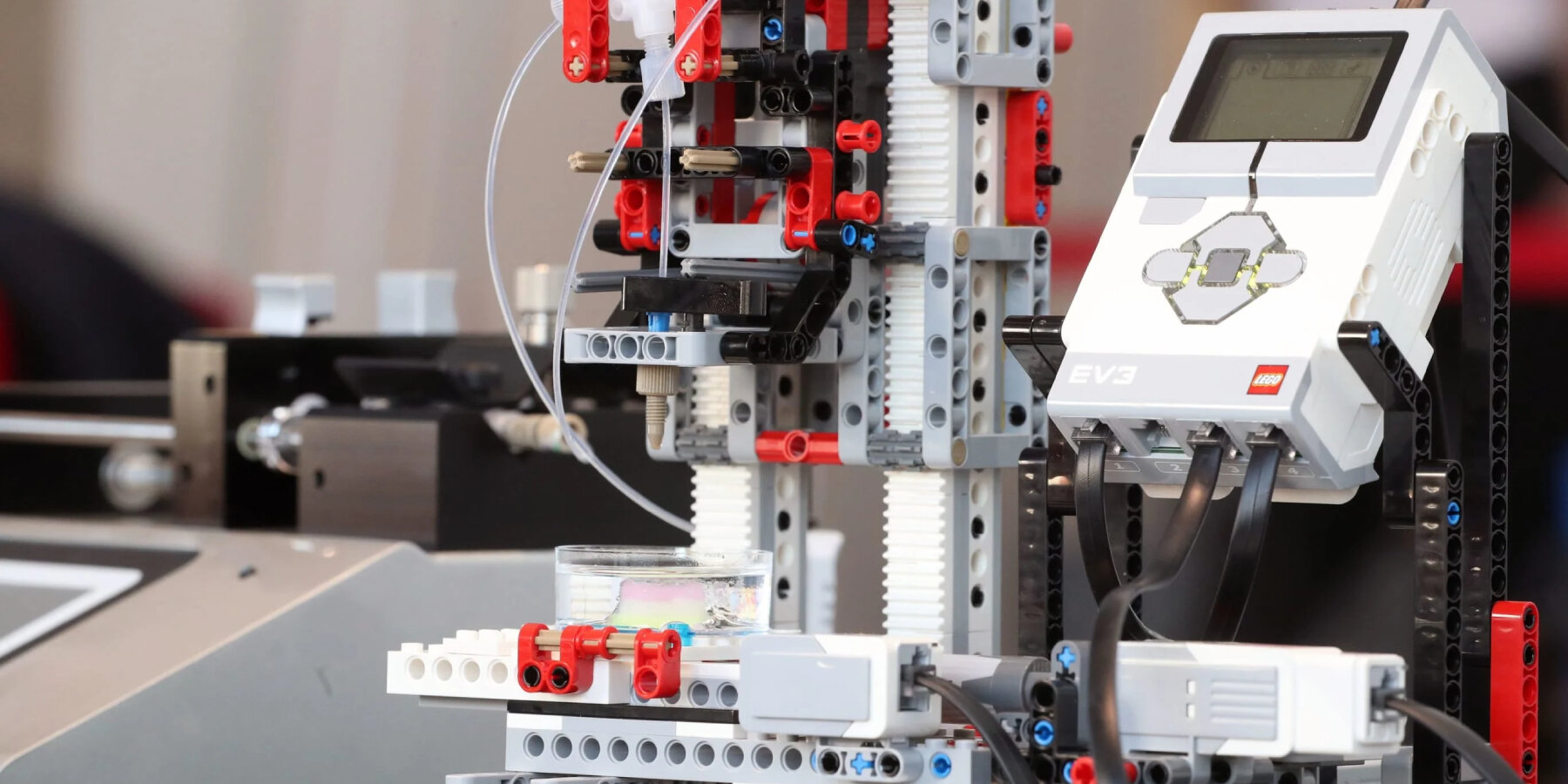
3D LEGO bioprinter from Cardiff University
KEEP UP WITH OUR DAILY AND WEEKLY NEWSLETTERS
PRODUCT LIBRARY
the process of bringing the 911 speedster to life was a three-year collaboration between luca trazzi and porsche’s sonderwunsch experts.
connections: +960
the project is now undergoing a three-month water filtration demonstration and a pilot of a portion of the pool for final testing in 2025.
connections: +740
each shade represents a sport: surfing for blue, tennis for green, basketball for yellow, boxing for red, and skateboarding for black.
the two films highlight AI's ability to provide insights into global ecosystems, emphasizing its role in analysing data to predict and mitigate risks.
connections: +540
